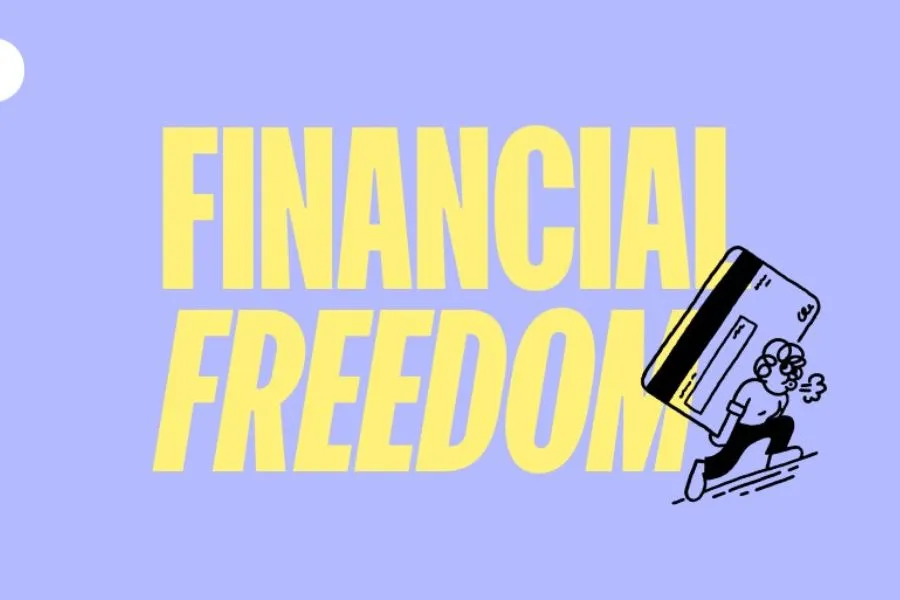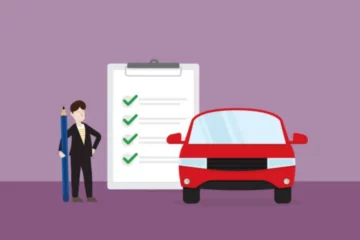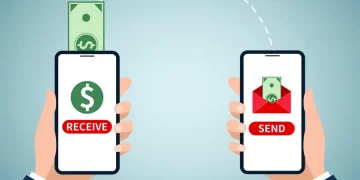Get on the Road to Financial Freedom: The Ultimate Guide to Car Finance

Financial Freedom | goskat
Are you looking to buy a new car but don’t have the cash to pay for it outright? Car finance is a popular option for many people who want to spread the cost of a new vehicle over a period of time. However, the world of car finance can be confusing and intimidating, especially if you’re new to it. That’s why we’ve created this ultimate guide to car finance to help you navigate the process and get on the road to financial freedom.
Understanding Car Finance
Car finance is essentially a loan that you take out to pay for a vehicle. You borrow a certain amount of money, which you then pay back over a fixed period of time, usually with interest. There are several different types of car finance available, each with their own pros and cons.
Types of Car Finance Available
Hire Purchase (HP)
Hire Purchase, or HP, is the most common form of car finance. With HP, you pay a deposit upfront, usually around 10% of the car’s value, and then make monthly payments for the remainder of the loan term. Once you’ve made all the payments, the car is yours to keep. However, until you’ve made the final payment, the car technically belongs to the finance company.
Personal Contract Purchase (PCP)
Personal Contract Purchase, or PCP, is similar to HP in that you pay a deposit and then make monthly payments. However, with PCP, the monthly payments are typically lower than with HP because you’re not paying off the entire value of the car. Instead, you’re paying off the depreciation of the car over the loan term. At the end of the loan term, you have three options: you can hand the car back, pay a balloon payment to own the car outright, or use the value of the car as a deposit on a new car.
Personal Loan
A personal loan is a loan that you take out from a bank or other financial institution. You can use a personal loan to pay for a car, and then make monthly payments to pay off the loan over the agreed term. With a personal loan, you own the car outright from the outset, which gives you more flexibility if you want to sell the car before the loan term is up.
Pros and Cons of Car Finance
Pros
The main advantage of car finance is that it allows you to spread the cost of a new car over a fixed period of time, which can be more manageable than paying for the car outright. This means you can get the car you want without having to save up for it for years.
There are also some tax benefits to car finance. If you use the car for business purposes, you may be able to claim tax deductions on the interest and depreciation of the car.
Cons
The main disadvantage of car finance is that you’re paying interest on the loan, which means you’re paying more for the car in the long run. Depending on the interest rate and loan term, you could end up paying thousands of dollars more than the car is worth.
Another potential downside of car finance is that you’re locked into a fixed term, which means you can’t sell the car until the loan is paid off. If you want to sell the car before the loan term is up, you’ll need to pay off the remaining balance of the loan, which can be expensive.
How to Get Approved for Car Finance
Before you apply for car finance, it’s important to understand what lenders are looking for. Here are some tips to help you improve your chances of getting approved for car finance:
Check your credit score
Your credit score is one of the most important factors that lenders consider when deciding whether to approve your application. Make sure you check your credit score before you apply for car finance, and if it’s low, take steps to improve it before you apply.
Have a stable income
Lenders want to see that you have a regular income and are able to make the monthly payments on the loan. Make sure you have a stable job or income source before you apply for car finance.
Keep your debt-to-income ratio low
Your debt-to-income ratio is the amount of debt you have compared to your income. Lenders want to see that you have a low debt-to-income ratio, as this indicates that you’re able to manage your finances responsibly.
Calculating Your Car Finance Payments
Before you sign up for car finance, it’s important to understand how much you’ll be paying each month. Here’s how to calculate your car finance payments:
Work out the total cost of the car
This includes any deposit you’ll need to pay, as well as any fees or charges associated with the loan.
Subtract the deposit from the total cost
This will give you the amount you need to borrow.
Determine the interest rate
The interest rate will depend on your credit score and the loan term. Make sure you understand what interest rate you’re being offered before you agree to the loan.
Divide the amount you need to borrow by the number of months in the loan term
This will give you your monthly payment amount.
Negotiating Your Car Finance Deal
One of the best ways to save money on car finance is to negotiate with the dealership. Here are some tips to help you negotiate a better deal:
Do your research
Before you go to the dealership, make sure you’ve done your research on the car you want and the average price for that car. This will give you a better idea of what you should be paying.
Be prepared to walk away
If the dealership is not willing to negotiate on the price or interest rate, be prepared to walk away. There are plenty of other dealerships out there who may be willing to offer you a better deal.
Consider getting pre-approved for a loan
If you have a pre-approved loan before you go to the dealership, you may be able to negotiate a better price for the car.
Tips for Saving Money on Car Finance
Here are some additional tips to help you save money on car finance:
Shop around for the best interest rates
Don’t just accept the first interest rate you’re offered. Shop around and compare rates from different lenders to find the best deal.
Choose a shorter loan term
The longer the loan term, the more you’ll pay in interest. Consider choosing a shorter loan term, even if it means higher monthly payments.
Pay a larger deposit
The more you pay upfront, the less you’ll need to borrow, which means you’ll pay less in interest over the loan term.
Common Mistakes to Avoid When Financing a Car
Here are some common mistakes to avoid when financing a car:
Not understanding the terms and conditions of the loan
Make sure you read the terms and conditions of the loan carefully before you sign up for car finance. Understand the interest rate, loan term, and any fees or charges associated with the loan.
Not considering the total cost of the car
The total cost of the car includes more than just the purchase price. Make sure you factor in any fees, charges, and interest when calculating the total cost.
Not shopping around for the best deal
Don’t just accept the first loan offer you receive. Shop around and compare rates and terms from different lenders to find the best deal for you.
Alternatives to Car Finance
If you’re not comfortable with car finance, or you’re unable to secure a loan, there are some alternatives to consider:
Leasing
Leasing a car is similar to renting a car. You pay a monthly fee to use the car, but you don’t own the car outright. At the end of the lease term, you return the car to the dealership.
Saving up and paying cash
If you’re able to save up enough money, paying cash for a car is the best option. You’ll avoid paying interest on a loan, and you’ll own the car outright from the outset.
Conclusion
Buying a new car is an exciting time, but it can also be a daunting experience, especially when it comes to financing the car. With the right knowledge and strategy, however, you can get on the road to financial freedom and get the car you want without breaking the bank. By understanding the different types of car finance available, improving your credit score, and negotiating with dealerships, you can make informed decisions about car finance and get the best possible deal for you.














